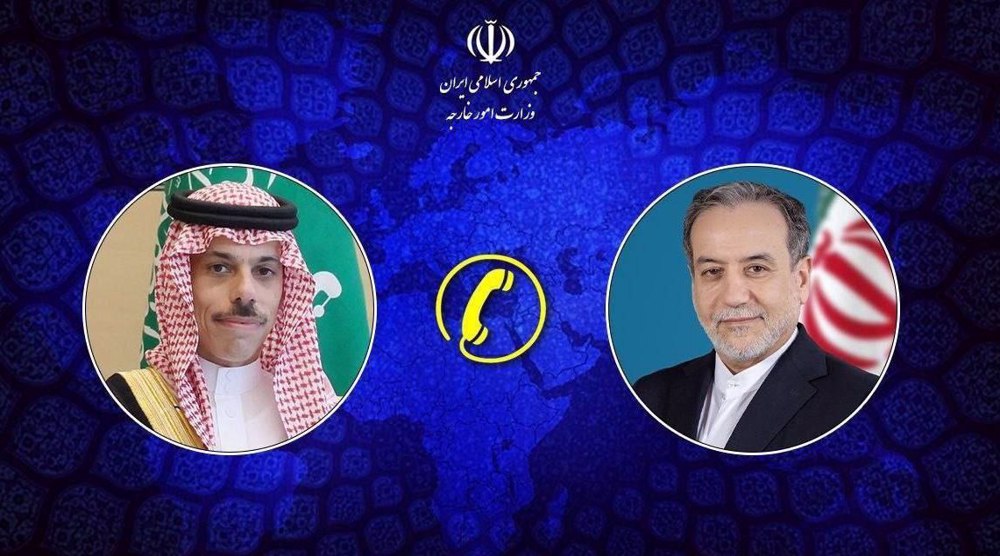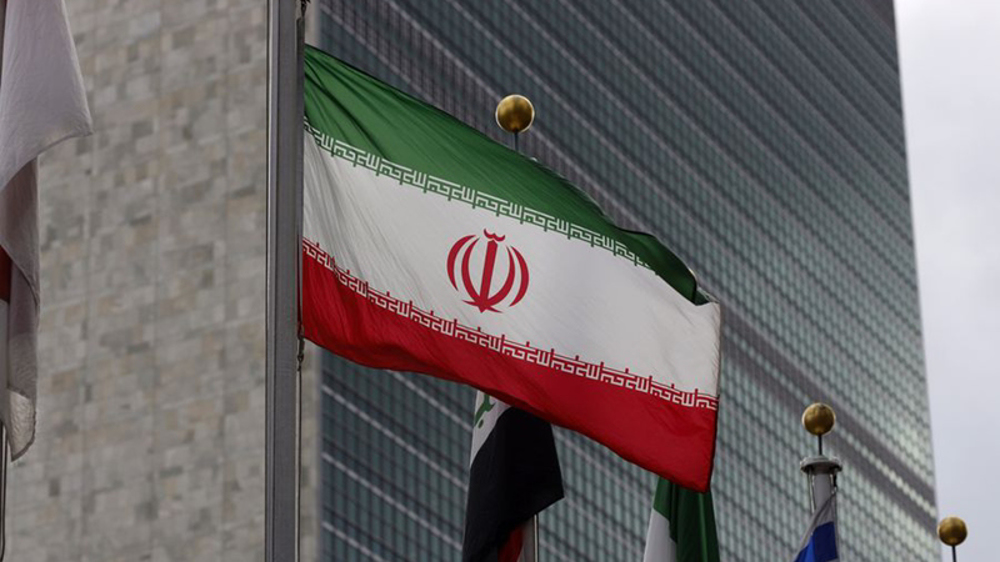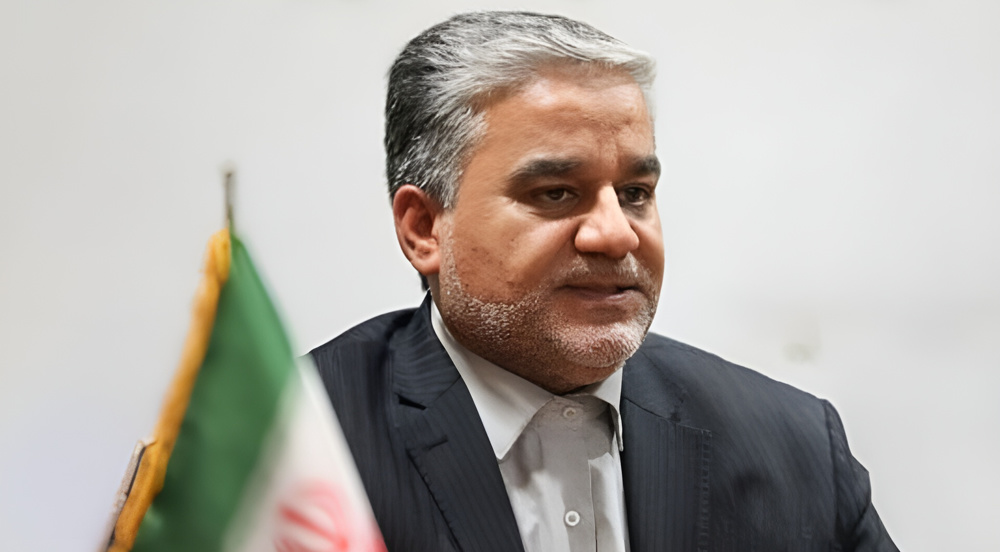Zarif explains why US has no right to recourse to UNSCR 2231
Iranian Foreign Minister Mohammad Javad Zarif has posted a video about the remarks made by some American officials, explaining “in their own words” why Washington has no right to recourse to the UN Security Council Resolution 2231 to return the UN sanctions against Iran.
The video, posted on Zarif’s Twitter account on Saturday night, starts with US President Donald Trump’s 2018 announcement that “the United States will withdraw from the Iran nuclear deal.”
Then it shows a presidential memorandum released by the White House on May 8, 2018, which clearly states Washington is “ceasing” its participation in the 2015 nuclear deal with Tehran, officially known as the Joint Comprehensive Plan of Action (JCPOA).
It further shows US Secretary of State Mike Pompeo’s comments that Trump has “terminated the US participation in the JCPOA”.
A press briefing by then National Security Advisor John Bolton is also shown on the video, clearly stating that the US is not using the “provisions of Resolution 2231 … because we’re out of the deal.”
“On snapback, we are no longer in the Deal, and so, the Parties that are still in the Deal with have to make their decisions,” Brian Hook, the US State Department’s special envoy for Iran, is also quoted as saying in the video.
The video uses all these statements made by American officials to prove that the US itself admits it is no longer a party to the JCPOA and thus has no right to use the provisions of the UN Security Council Resolution.
"After officially and explicitly ceasing its participation in the JCPOA at the highest level, and having violated each and every one of its obligations under the JCPOA and Resolution 2231, the US cannot arrogate to itself any right under that Resolution," Zarif says in the video.
On Thursday, US Secretary of State Mike Pompeo filed an official complaint with Security Council President Dian Triansyah Djani, accusing Iran of violating the 2015 nuclear deal – from which US President Donald Trump withdrew two years ago.
Pompeo claimed that Washington is still a participant in the Joint Comprehensive Plan of Action (JCPOA) and therefore retains the right to activate a 30-day countdown to a return of all UN sanctions that had been imposed on Tehran before the nuclear agreement.
However, 13 countries of the 15-member United Nations Security Council (UNSC) have expressed their opposition to the US push to trigger the so-called snapback provision in the 2015 nuclear deal aimed at reinstating UN sanctions against Iran, leaving Washington once again isolated on the issue like never before.
The US suffered an embarrassing loss last Friday at the Security Council after Russia and China voted against the anti-Iran resolution and the remaining 11 council members, including France, Germany and the UK, abstained.
UNSC Resolution 2231, which enshrined the JCPOA, states that if no council member has put forward a draft resolution to extend sanctions relief on Iran within 10 days of a non-compliance complaint, then the body’s president shall do so within the remaining 20 days.
The document, however, says the Security Council would “take into account the views of the states involved.”
Some diplomats stressed that the council president would not have to put up a draft text given the strong opposition to the US bid to initiate the “snapback” process.
Hamas rebukes Trump's 'Board of Peace' meeting
Iran and Saudi FMs discuss outcomes of latest indirect Iran-US talks
VIDEO | Maritime anti-terrorism drill
UK's police arrest ex-prince Andrew over sex scandal linked to Epstein
Iran elected vice-chair of UN Special Committee on Charter
Iran envoy says decision made to exchange ambassadors with Egypt
Russia continues to develop relations with Iran: Kremlin
VIDEO | Friends of Palestine meet at UN in Vienna










 This makes it easy to access the Press TV website
This makes it easy to access the Press TV website